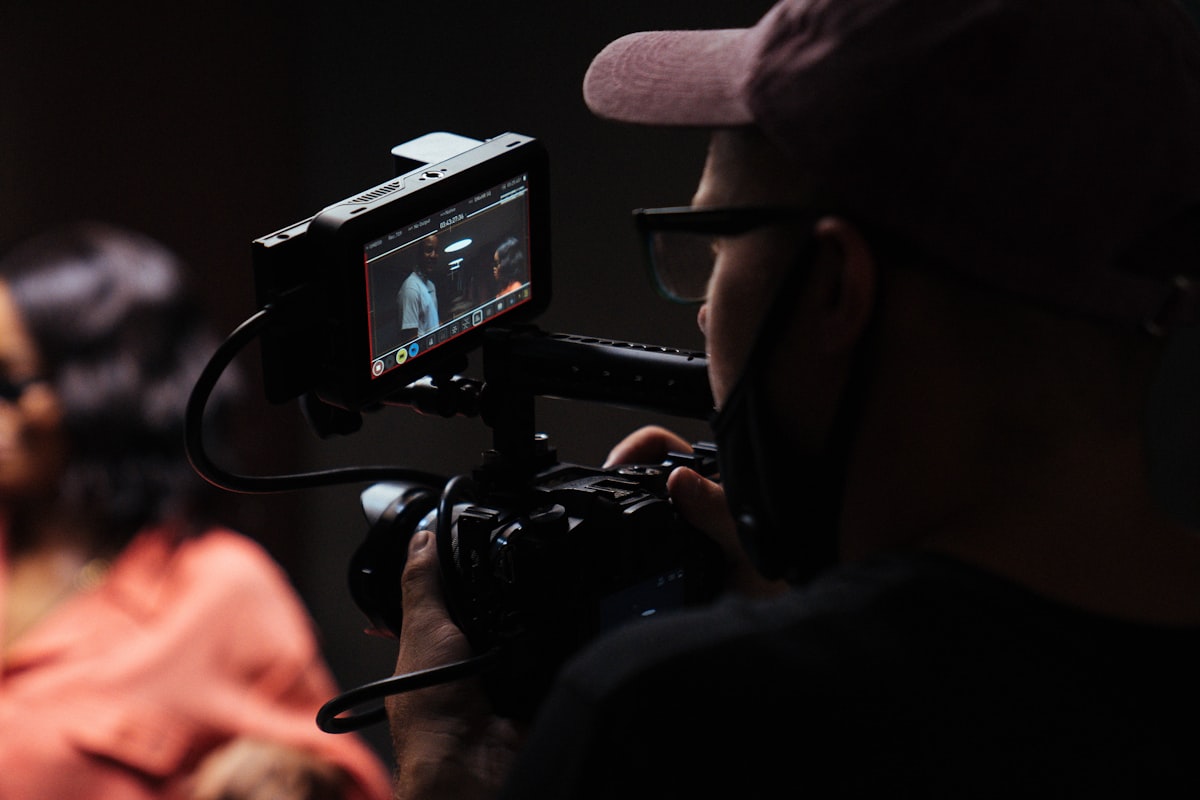The Growing Potentials of Africa's Entertainment Industry.

Cinema experiences, Social media, Gaming, Movie production and Streaming videos are shaping Africa's entertainment industry leading to new business models and an evolving ecosystem. Highly skilled African filmmakers are attracting new international attention as they produce content telling the African story. The continent's film industry is positioning itself for growth with country-specific markets like Nollywood a global phenomenon contributing over 2.3% to Nigeria’s GDP with such success as the $1 million financed blockbuster “The Black Book,” which spent three weeks among Nexflix's top 10 English-language titles globally, rising to No. 3 in the second week.
The Challenges
The growth of the industry with unparalleled opportunities depends mainly on a more private investor-led model with investment and financial support in its value chain from content creation to distribution including the underfunded cinema network, instead of the traditional government subsidy model, which stifles creativity and innovation, resulting in only US$5 billion in annual revenue generated out of a potential US$20 billion, according to the Pan African Federation of Filmmakers (FEPACI).
Emerging Trends
The Globalisation of Afrobeats continues as a genre rooted in culture, essence and the typical reflection of African life, struggles and aspirations. Leading artists like Rema, Burna Boy, Davido and Wizkid are driving its fusion with other genres as it spreads. These artists are no longer just influenced by people and trends but by economics as they forge new brand collaborations, build a global presence and stage sold-out concert experiences to a receptive local and diaspora audience. According to data from Spotify Afrobeats has seen a 550% growth in streaming from 2 billion in 2017 to more than 13 billion in 2022 reflecting its growing appeal.
Subscription video-on-demand (SVOD) has seen significant growth through popular platforms like Netflix, Apple TV+, Amazon Prime and Disney+ enabling African content producers to create, distribute and monetise their content with projected African OTT movie and TV episode revenues expected to reach $2 billion by 2027 from $623 million in 2021, with South Africa and Nigeria accounting for 56% of the market according to Digital TV Research.
Africa's Mobile Gaming sector is fuelled by a youthful population growing at an average rate of 2.7% compared to a global average of 1%. The African mobile gaming market is expected to exceed $1.1 billion in revenue by 2025, and its buoyant nature is reflected in the 2022 games sales of $862.8 million up 8.7% year over year, according to a report from a research firm Newzoo with Nigeria, South Africa, Kenya Ghana, and Ethiopia as the leading markets.
The rise of Africa's creative economy is the real game changer for the African entertainment industry, is the role of online platforms as channels for local content creators to produce, share and target both local and global audiences and communities through engaging stories while owning the relationships and monetising their content.
Faith and Funding
Investors are showing some faith and funds in the African entertainment industry, with the much-needed private sector investments to support content production and distribution such as the recent African Export-Import Bank (Afreximbank) $1-billion African Film Fund, Warner Music Group Corp. acquisition of African music distribution company Africori and Sony Group’s $10 million Sony Innovation Fund: Africa (SIF: AF) for early-stage startups in gaming, music, film and content distribution.
As the industry emerges as a global commodity with the potential to generate billions in annual revenue, increase contribution to GDP and create jobs, the more compelling story is the role of African tech founders and venture capitalists like Kola Aina (founding partner at Ventures Partner), Gbenga Agboola (founder and CEO of Flutterwave) Kola Oyeneyin( CEO Opportunik Global Fund), Ezra Olubi co-founder (Paystack), Olumide Soyombo (cofounder Blue Chip Technologies) Odunayo Oweniyi, Somto Ifezue, Josh Chibueze (Piggy Vest) Subomi Plumptre (Volition Cap), Nadayar Enegesi, Prosper Otemuyiwa (Eden Life) in supporting the hugely successful 'The Black Book" movie. This private sector-led approach with its sizable financial and institutional support could provide the playbook needed for the industry to become a driver of social, cultural and economic change.
Thank you for reading the Africa Finance Review. Please subscribe and send us your feedback news or suggestions.



